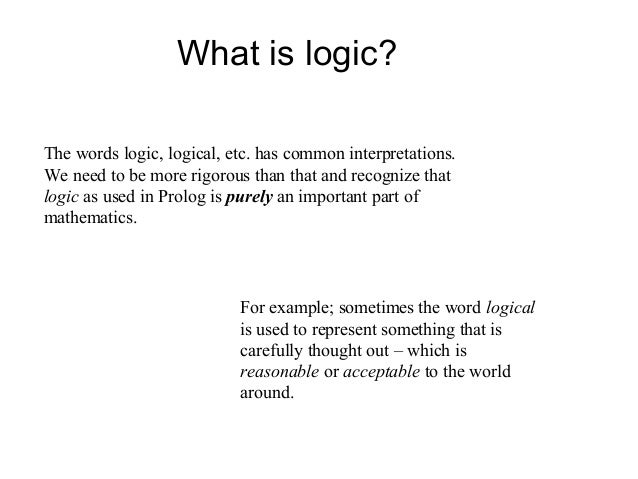

Tecumseh Fitch set out to argue that what makes humans so unique is how we understand language and communication. Have you ever wondered what makes humans so different from other animals? Scientists have wondered this too! About twenty years ago, three linguistic scientists named Marc Hauser, Noam Chomsky, and W.

Both grammars have the same effect on the language: they help writers generate expressions with consistent structures, and they help readers decide if a “sentence” is correct or not. In mathematical logic, grammar might tell you that you can’t use an “or” operator to replace an “xor” operator (pronounced “Ex-Or” we’ll learn what this means in a few paragraphs). In English, grammar might tell you to change a verb based on when its action is happening: he runs vs. While formal and natural languages are different in many ways, they also have a lot in common! They both have specific rule sets, known as grammars. Mathematical logic, on the other hand, is a “formal language.” That means that its grammar and vocabulary were constructed intentionally by mathematicians and logicians to serve a specific purpose. –are known as “natural languages.” This means that they evolved naturally through thousands of years of humans trying to get better at communicating with each other. The languages that we speak in our everyday lives– English, Chinese, Spanish, etc.

Why is mathematical logic important? The connection between mathematical logic and language. It wasn’t until George Boole invented Boolean logic in the 1800s that mathematicians could agree on a universal logic language. Although mathematicians mostly agreed that this new idea was powerful and influential, they had a harder time agreeing on the new language of symbols. In the beginning, mathematical logic looked pretty similar to Aristotle’s logic– it just used symbols instead of words. What is the difference between classical logic and mathematical logic? However, a few hundred years ago, the field of mathematical logic began to develop. For centuries, logic was only expressed through speech and writing. Aristotle’s logic was more like the sort of logic you might use to write an essay– he dealt with arguments, fallacies, language, and the other kinds of things a debate coach would teach you. One of the first thinkers in the field of logic was Aristotle. Where and when did mathematical logic originate?Īlthough the study of logic in the language of math is relatively new, the study of logic in human languages is very old. The semantic dimension has to do with interpretation or use of a mathematical “sentence.” A mathematician studying semantics would focus more on making mathematical “sentences” or concepts more easily understandable by humans. The syntactic dimension focuses on understanding the correct structure of a mathematical “sentence.” A mathematician studying syntax might be working on translating a “sentence” from the language of math into a set of instructions that a computer can understand. Mathematical logic explores the language of math in two ways: syntactic and semantic. They study mathematical content, not just problems and solutions. But mathematical logicians study math as a language. We learn formulas, and we test answers to get results. Most of the time, we learn math as a science. Mathematicians who study mathematical logic also try to uncover and figure out contradictions and unsolved problems in the field of mathematics. In short, mathematical logic tries to understand math concepts through patterns that feel natural to your brain. What do you get when you combine math, computer science, philosophy, and linguistics? Mathematical logic! The big goal of mathematical logic is to link human language and thinking with math.


 0 kommentar(er)
0 kommentar(er)
